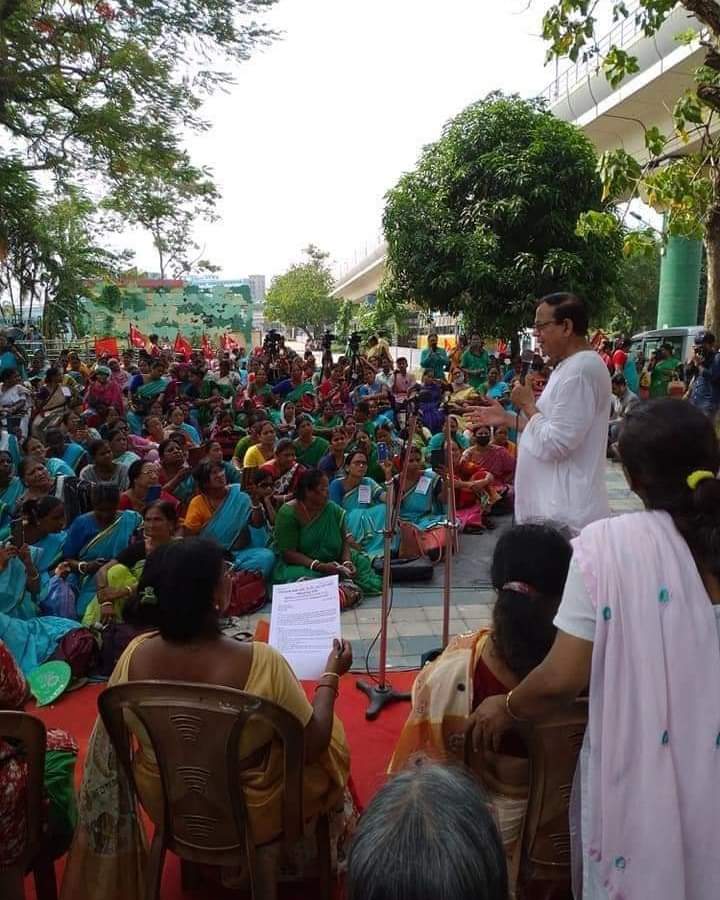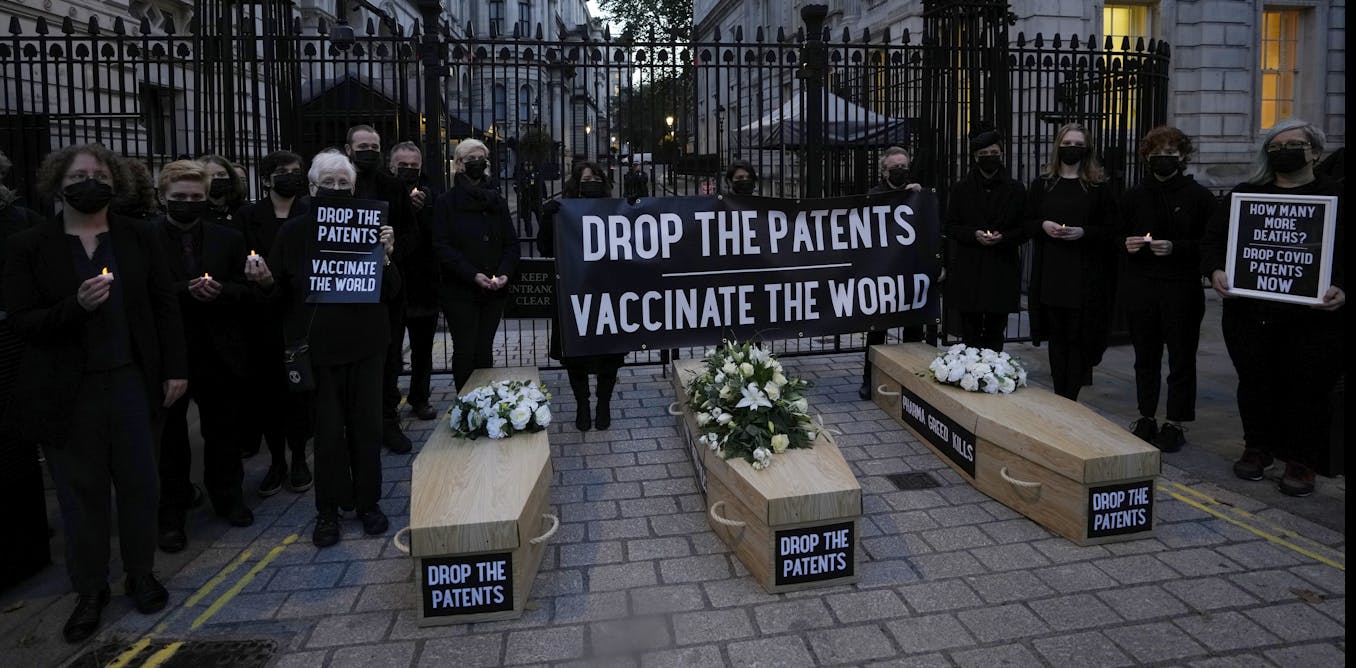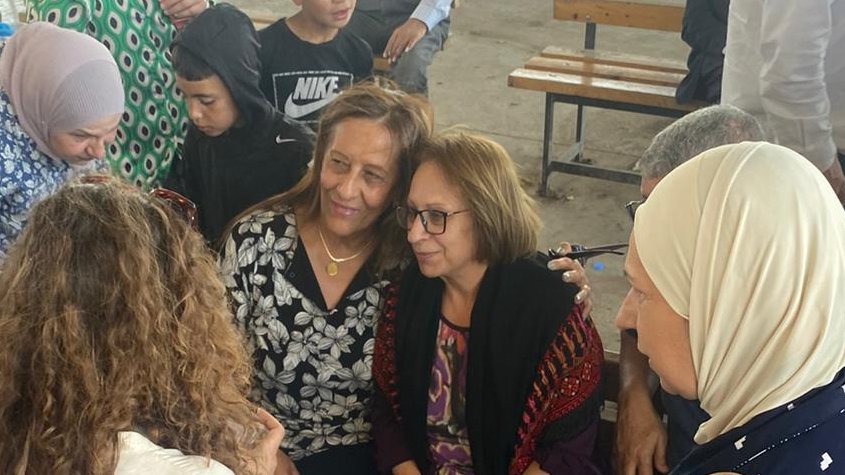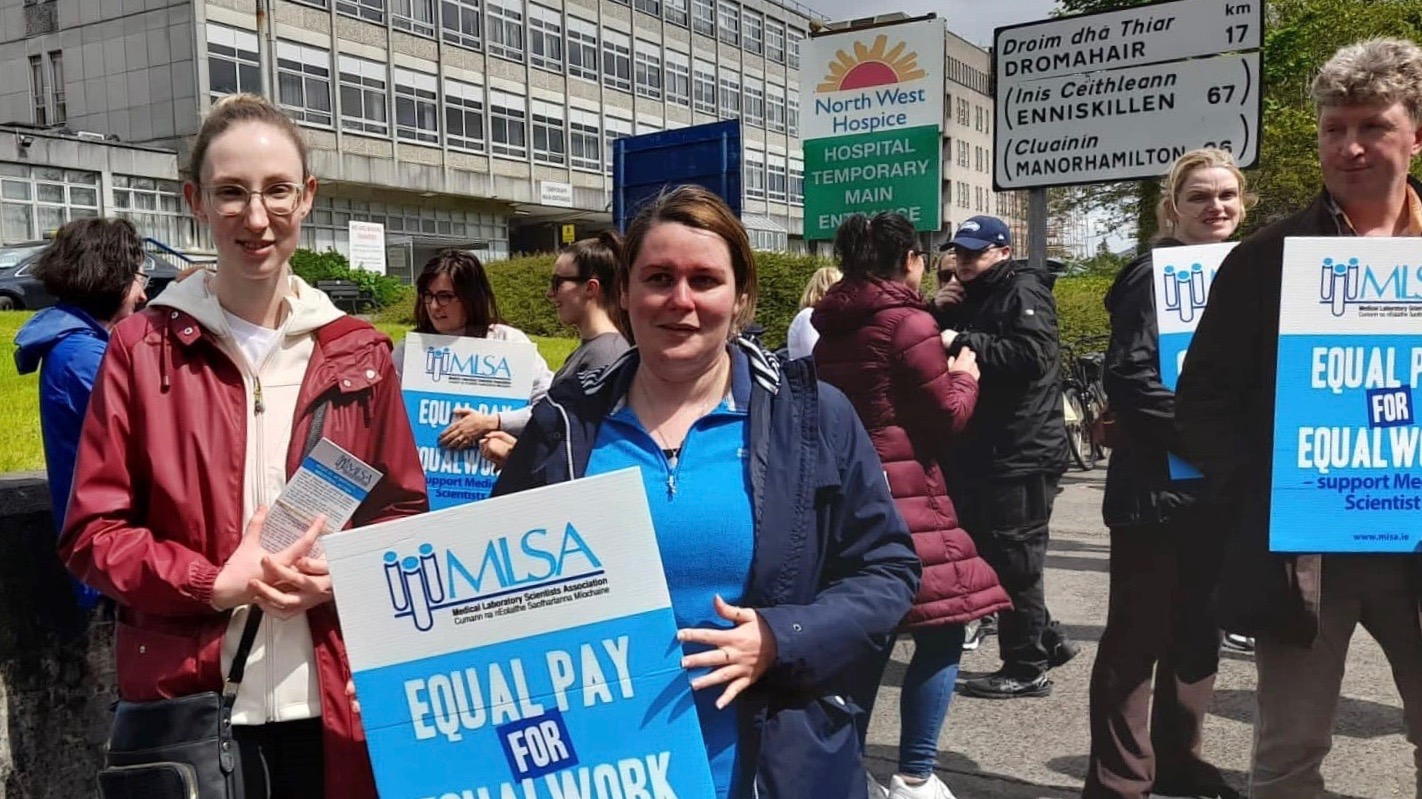Bulletin #27: WTO and WHA: The Struggle Continues

This fortnight
Country delegates are once again meeting in Geneva, this time for the 12th Ministerial Conference of the World Trade Organization (WTO). For almost two years, the WTO held the TRIPS waiver proposal on its agenda, but failed to secure any significant progress. Instead, under the pressure of the European Union and other Global North countries, those attending the meeting are more likely to adopt an alternative decision with none of the significance or impact of the original proposal.
The original TRIPS waiver aimed to lift intellectual property (IP) privileges in the case of Covid-19 products, putting people’s health ahead of the pharmaceutical sector’s profits. The current intellectual property system was questioned during the 75th World Health Assembly as well, but WHO members failed to clearly condemn its harmful effects on health.
The World Health Assembly also heard discussions on non-communicable diseases, including the impact of commercial determinants of health. Similarly to what happened during the conversation on IP privileges, delegates failed to plan concrete steps for countering corporate strategies of sidelining public health advice in marketing and sales of products which fuel the non-communicable diseases pandemic, including alcohol and ultra-processed food.
The industries responsible for aggressive marketing of harmful products are not limiting themselves to making the most of the space they already occupy. They are also investing large amounts of money into lobbying delegates’ positions at the WHO. This seems to be the case in the United States, where a recent report shows millions of corporate dollars being spent on influencing US delegates' standpoints.
The success of corporate strategies in influencing WHO's work depends at least in part on the ability of the organization to secure adequate funding from its members. The World Health Assembly finally agreed to increase the amount of assessed contributions from member states, but it is unlikely this will be enough to resolve all financial problems faced by the WHO. We look more closely at the structure of WHO’s budget in our Data Speaks section.
Health workers also found themselves on the World Health Assembly’s agenda. We met with Baba Aye, Health and Social Sector Officer at Public Services International, to discuss what lies ahead for workers and trade unions in the health sector following the assembly’s decisions.
World Trade Organization and Pandemic response: Time is up
At the 12th Ministerial Conference of the WTO taking place from 12-16 June, trade delegates are likely to pass a meaningless Covid-19 decision in an attempt to safeguard the organization’s face after months of botched negotiations for a suspension of harmful trade rules on intellectual property
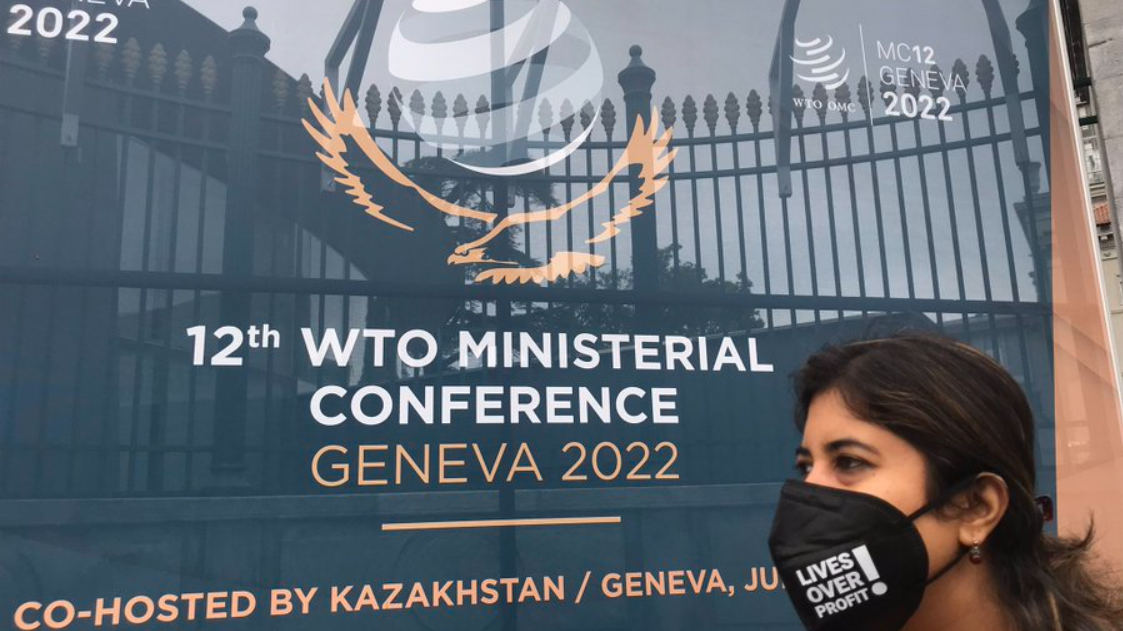
Obstruction by pharmaceutical companies from the Global North and misuse of monopoly privileges continue to slow down research into new vaccines and medicines, with disastrous effects for people’s health in the Global South. Discussions at the 75th World Health Assembly did little to address this

World Health Assembly falls short of insulating food and alcohol plans from commercial interests
Without stronger action to counter the influence of transnational alcohol and food companies, industry-propelled health harm will continue to persist

Obesity pandemic at the World Health Assembly: when the unhinged market feeds disease
This year’s World Health Assembly prominently featured discussions obesity. However, the implementation of serious policies to deal with the issue is being undermined by the multi-stakeholder approach, which is letting industries influence the conversation

Is corporate lobbying influencing US positions at the WHO?
A new report shows that US corporations and their umbrella organizations are allocating increasing amounts of money for shaping delegates’ interventions at WHO, with potentially disastrous effects on health
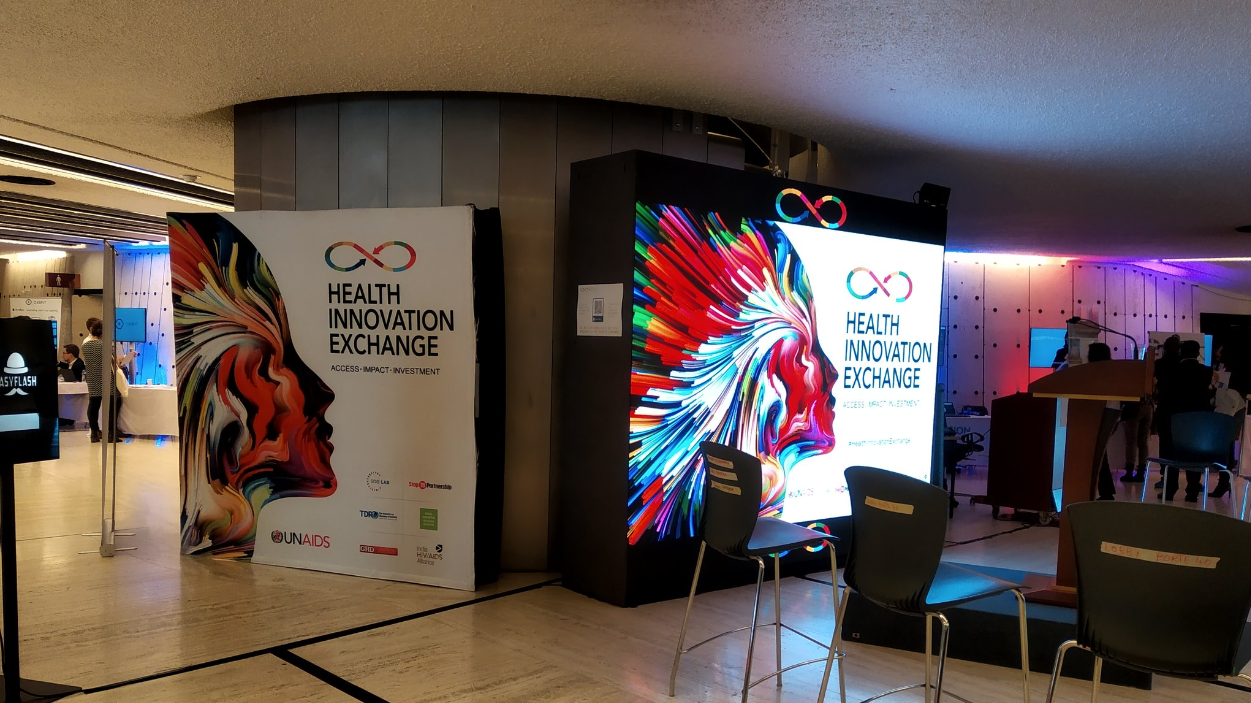
Sustainably financing the World Health Organization
Sustainable financing of the WHO was one of the most anticipated topics of the 75th World Health Assembly. Although progress has been made through efforts of a designated working group, worries remain that the planned increase will not be enough to meet actual needs

Baba Aye from Public Services International (PSI) looks back at the major discussion points and highlights of the 75th World Health Assembly
Data speaks
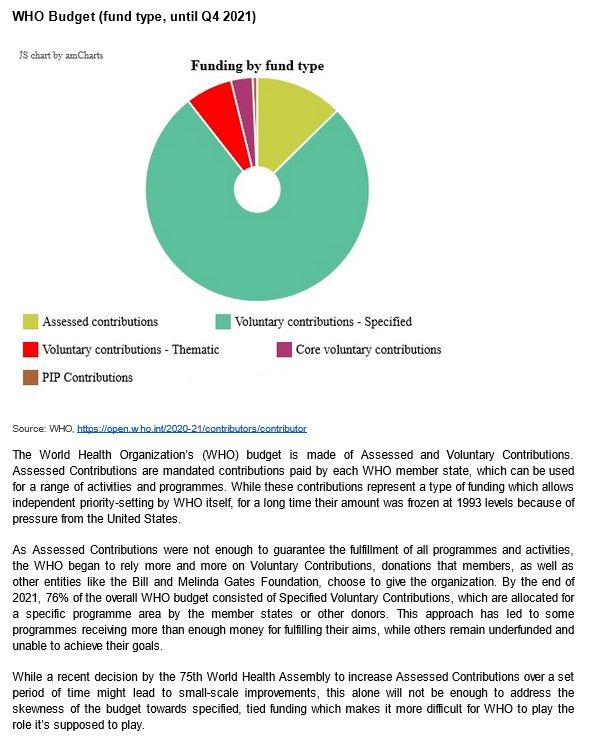
In case you missed it
